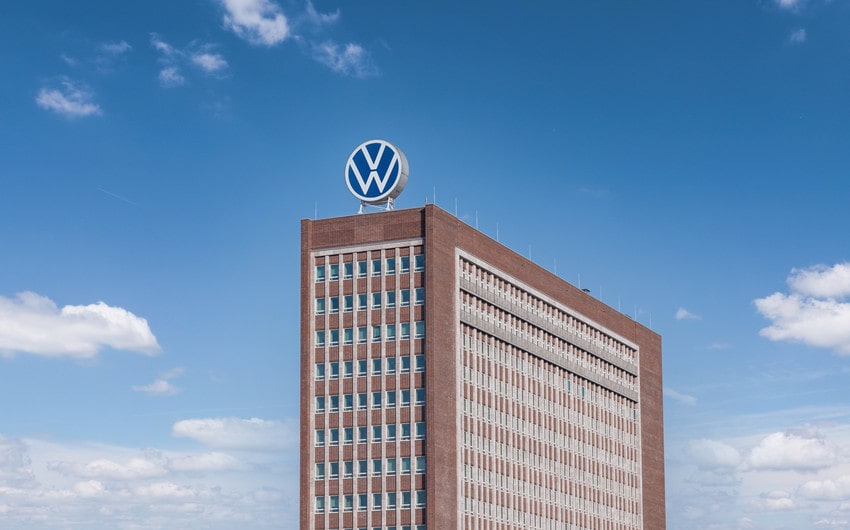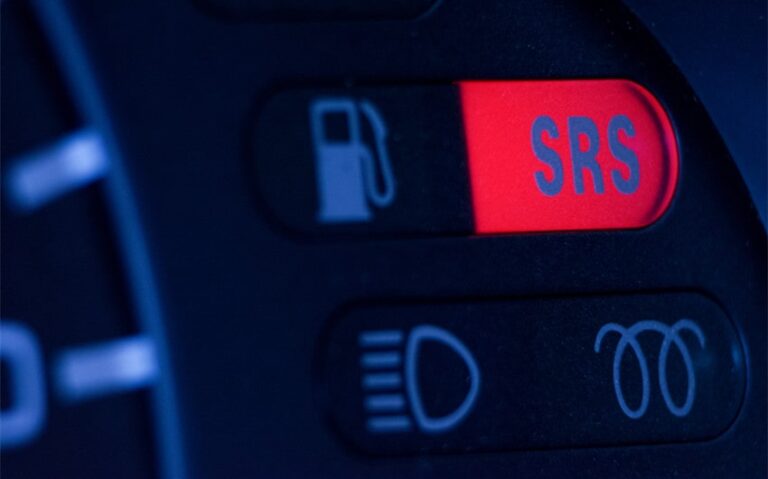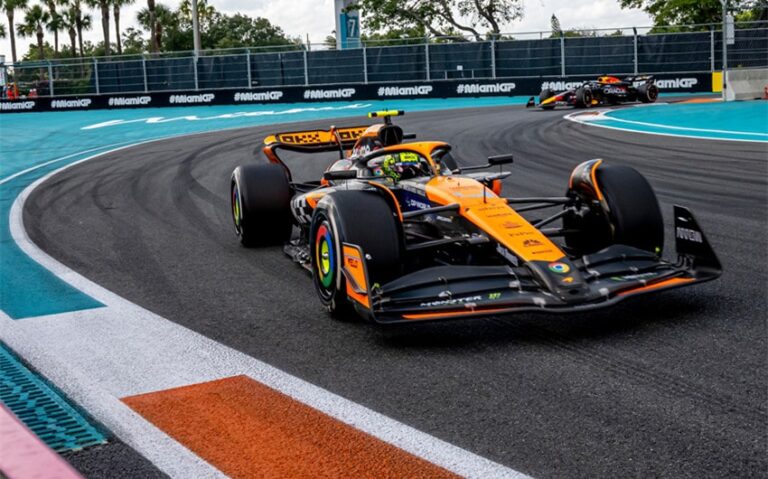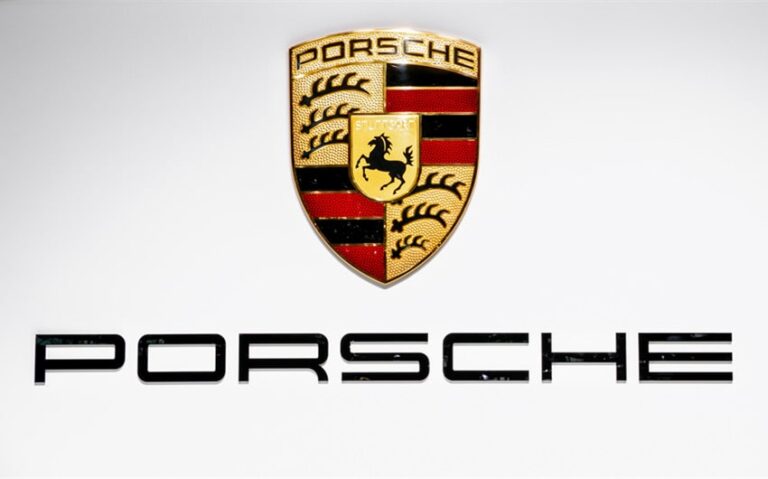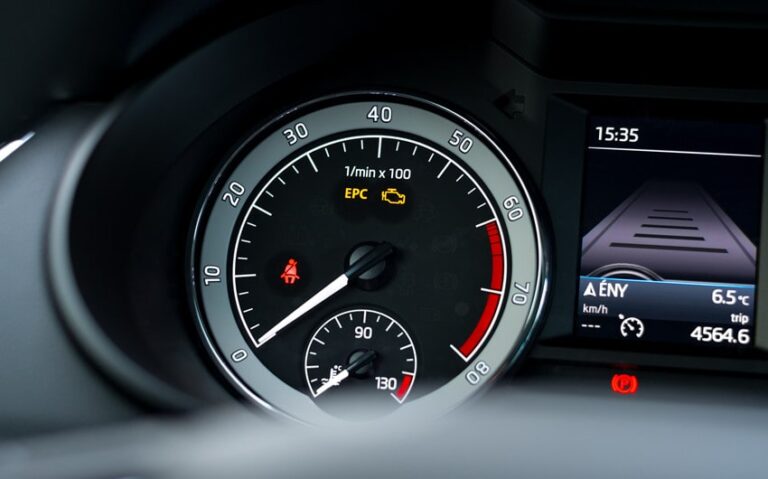Does Volkswagen Own Porsche? Everything You Need to Know
Have you ever wondered, does Volkswagen own Porsche? The answer is yes. Volkswagen Group fully owns Porsche, a move that solidified in 2012. This acquisition was the culmination of a long history of collaboration between the two iconic automotive brands.
Understanding this relationship not only reveals interesting details about the automotive industry but also shows how these two giants have influenced each other over the years. In this article, we’ll delve into the history, the acquisition process, and the benefits of the acquisition of Porsche by Volkswagen.
Historical Relationship Between Volkswagen and Porsche
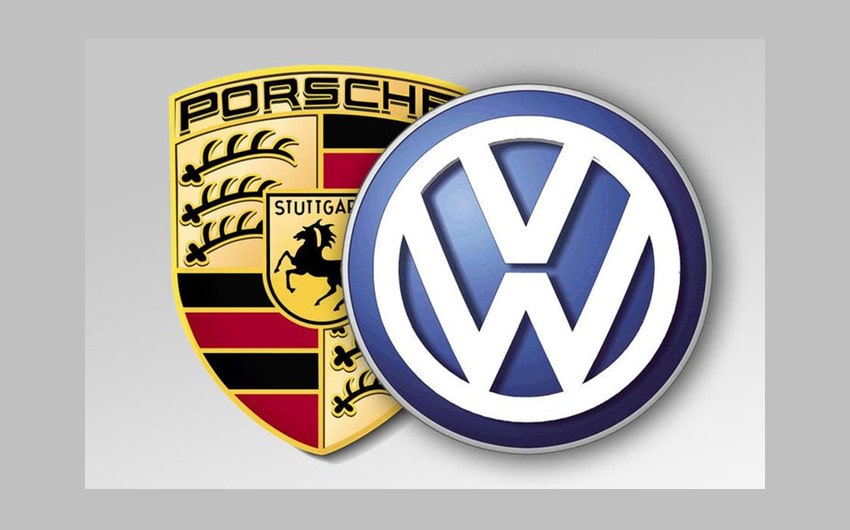
Image source: Pinterest
The relationship between Volkswagen and Porsche is deeply rooted in history, with connections that date back to the early 20th century. This bond has played a significant role in shaping the automotive industry as we know it today. Here’s a detailed look at their historical relationship:
Early Collaborations and Shared History
- Ferdinand Porsche and the Volkswagen Beetle: The story begins with Ferdinand Porsche, the founder of Porsche, who was instrumental in designing the Volkswagen Beetle in the 1930s. Commissioned by Adolf Hitler to create a “people’s car” (Volkswagen in German), Ferdinand Porsche developed the Beetle, which became one of the most iconic and best-selling cars in history.
- World War II and Post-War Era: During World War II, both Volkswagen and Porsche shifted their focus to military vehicles. After the war, Ferdinand Porsche was briefly imprisoned, but the companies continued to grow and rebuild. The Beetle’s success helped establish Volkswagen as a major automotive player.
Key Projects and Developments
- Porsche 356: In 1948, Ferdinand Porsche’s son, Ferry Porsche, introduced the Porsche 356. This was the first car to bear the Porsche name and featured many components from the Volkswagen Beetle, including the engine and suspension. The Porsche 356 set the stage for future Porsche models and highlighted the ongoing technical collaboration between the two companies.
- Development of the Porsche 911: The iconic Porsche 911, introduced in 1964, also had links to Volkswagen. The model’s development benefited from Volkswagen’s engineering expertise and resources. This collaboration ensured that Porsche could maintain high standards of performance and innovation.
Corporate and Financial Connections
- Volkswagen-Porsche Merger Talks: In the 1960s and 1970s, there were several discussions about a potential merger between Volkswagen and Porsche. While these talks did not result in a formal merger at the time, they underscored the close ties and mutual interests of the two companies.
- Family Ties: The Porsche and Piëch families, descendants of Ferdinand Porsche, have been influential figures in both companies. Ferdinand Piëch, Ferdinand Porsche’s grandson, held significant positions at Volkswagen, including Chairman of the Supervisory Board, and played a pivotal role in strengthening the bond between the two brands.
Strategic Partnerships
- Joint Ventures and Collaborations: Over the years, Volkswagen and Porsche have engaged in various joint ventures and collaborative projects. These partnerships have included shared research and development initiatives, joint manufacturing efforts, and collaborative marketing campaigns. These strategic partnerships have allowed both brands to leverage each other’s strengths and resources.
The Acquisition Process

The acquisition of Porsche by Volkswagen was a complex and multi-faceted process that unfolded over several years. Here is a detailed timeline of the key phases of this acquisition:
Early 2000s: Initial Interest and Investments
- Volkswagen’s interest in Porsche began in the early 2000s.
- The two companies engaged in strategic partnerships and joint ventures, setting the stage for a deeper financial and corporate relationship.
2005: Porsche’s Ambitious Move
- Porsche started acquiring Volkswagen shares, aiming to gain a controlling interest.
- By 2008, Porsche had accumulated a 51% stake in Volkswagen, intending to merge the companies with Porsche as the dominant partner.
2008: Financial Crisis and Overreach
- The global financial crisis significantly impacted Porsche’s takeover bid.
- Porsche faced financial strain due to the high costs of acquiring Volkswagen shares, leading to mounting debts and liquidity problems.
- Porsche was forced to abandon its takeover plans.
2009: Volkswagen’s Counter-Move
- Volkswagen began acquiring shares in Porsche, turning the tables on Porsche’s initial ambitions.
- In December 2009, Volkswagen acquired a 49.9% stake in Porsche AG, the car manufacturing subsidiary of Porsche SE (Porsche Automobil Holding SE).
2009-2012: Negotiations and Challenges
- The acquisition process faced several legal and regulatory challenges, including navigating European Union competition laws and financial regulations.
- Intense negotiations between the two companies continued, focusing on finalizing the terms and conditions of the full acquisition.
2012: Completion of the Merger
- In July 2012, Volkswagen acquired the remaining 50.1% of Porsche AG, completing the full merger.
- The terms of the acquisition included Volkswagen paying approximately €4.46 billion plus one Volkswagen common share.
- This transaction made Porsche AG a fully owned subsidiary of Volkswagen Group.
Post-2012: Terms and Conditions of the Acquisition Agreement
- Financial Settlement: The final deal involved cash payments and stock transactions, with Volkswagen paying €4.46 billion in cash and transferring one Volkswagen common share to Porsche SE.
- Corporate Structure: Post-acquisition, Porsche AG operates as a separate brand within the Volkswagen Group, retaining its distinct identity and operational independence. Porsche SE remains a major shareholder in Volkswagen.
- Leadership and Management: The integration included agreements on leadership roles and management structures to ensure a smooth transition and continued success for both brands. Key figures from both companies were involved in overseeing the merger and its implementation.
Benefits of the Acquisition

The acquisition of Porsche by Volkswagen has resulted in numerous benefits for both companies, enhancing their capabilities, market positions, and financial stability. Here’s an in-depth look at the advantages that have emerged from this strategic move:
1. Synergies Between Volkswagen and Porsche
Technological Advancements: The collaboration has accelerated technological development in both companies. Volkswagen’s extensive R&D capabilities, combined with Porsche’s expertise in high-performance engineering, have led to significant advancements, particularly in electric and hybrid vehicle technologies.
Shared Platforms: By sharing vehicle platforms, Volkswagen and Porsche have achieved cost efficiencies and streamlined production processes. For example, the Porsche Macan and the Audi Q5 share the same platform, reducing development costs and time to market.
Enhanced Product Development: Access to a broader range of technologies and expertise has enabled Porsche to innovate more rapidly. This has resulted in groundbreaking models like the Porsche Taycan, which leverages Volkswagen’s advancements in electric vehicle technology.
2. Financial Advantages
Increased Financial Stability: The acquisition has provided Porsche with greater financial stability and access to Volkswagen’s vast financial resources. This has enabled Porsche to invest heavily in new technologies and expand its product lineup without the financial constraints it might have faced independently.
Economies of Scale: Being part of the Volkswagen Group allows Porsche to benefit from economies of scale in procurement, manufacturing, and marketing. This has resulted in cost savings and improved profitability for both brands.
Stronger Market Position: The combined financial strength of Volkswagen and Porsche has enhanced their market positions. Together, they have a more robust presence in global markets, increasing their competitiveness and market share.
3. Market and Brand Impact
Global Reach: Volkswagen’s extensive global distribution network has enabled Porsche to expand its reach into new and emerging markets. This has led to increased sales and brand recognition, particularly in regions like Asia and South America.
Brand Strengthening: The acquisition has reinforced Porsche’s brand image by associating it with Volkswagen’s reputation for reliability and innovation. This has helped Porsche maintain its status as a premium brand while benefiting from Volkswagen’s marketing and distribution expertise.
Product Diversification: The collaboration has allowed both companies to diversify their product offerings. Porsche has been able to enter new segments, such as the electric vehicle market, with models like the Taycan, while Volkswagen has benefited from Porsche’s performance and luxury expertise.
4. Operational Efficiency
Integrated Supply Chains: The integration has streamlined supply chain operations, allowing both companies to leverage each other’s supplier networks and logistics. This has resulted in cost savings and improved efficiency in production and distribution.
Collaborative Innovation: Joint R&D efforts have led to innovations that benefit both brands. For example, advancements in battery technology and autonomous driving systems developed by Volkswagen are now being used in Porsche vehicles, enhancing their performance and appeal.
Workforce Synergies: The acquisition has facilitated the sharing of expertise and best practices between the two companies. Employees from Volkswagen and Porsche collaborate on various projects, fostering a culture of innovation and continuous improvement.
5. Competitive Edge
Enhanced R&D Capabilities: The combined research and development efforts have significantly enhanced both companies’ abilities to innovate. This has kept them at the forefront of technological advancements in the automotive industry, ensuring they remain competitive in a rapidly evolving market.
Faster Time to Market: By leveraging Volkswagen’s extensive production capabilities, Porsche can bring new models to market more quickly. This agility is crucial in the fast-paced automotive industry, where being first to market can provide a significant competitive advantage.
Comprehensive Product Lineup: The acquisition has enabled the creation of a more comprehensive product lineup that caters to a broader range of customer preferences. From high-performance sports cars to electric SUVs, the combined portfolio of Volkswagen and Porsche appeals to a diverse audience.

